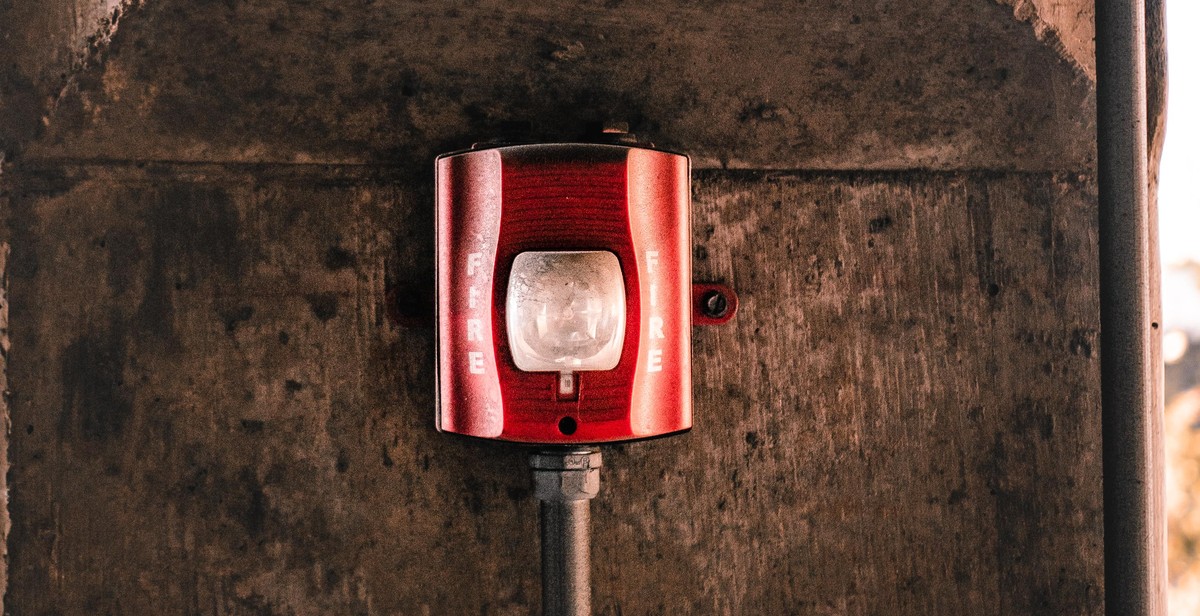Introduction
Cryptocurrency has become increasingly popular in recent years, with more and more people investing in digital currencies such as Bitcoin, Ethereum, and Litecoin. However, with the rise in popularity of cryptocurrency, there has also been an increase in cybercrime, particularly in the form of hacks and thefts of digital wallets.
A crypto wallet is a digital wallet that allows you to securely store, send, and receive cryptocurrencies. However, just like with any other type of digital asset, it is important to take the necessary precautions to ensure that your crypto wallet is safe and secure from potential threats.
What is Crypto Wallet?
A crypto wallet is a software program that stores your private and public keys, allowing you to store, send, and receive cryptocurrencies. Your private key is a secret code that allows you to access your funds, while your public key is a code that allows others to send you funds.
There are two main types of crypto wallets: hot wallets and cold wallets. Hot wallets are connected to the internet and are more susceptible to hacking and theft, while cold wallets are offline and therefore offer a higher level of security.
In this article, we will focus on how to safely store and secure your crypto wallet offline, using a cold wallet.

Why Offline Storage is Important?
Offline storage, also known as cold storage, is a method of storing your cryptocurrency wallet offline, away from the internet. This method is considered to be the safest way to store your digital assets, and for good reason. Here are some of the reasons why offline storage is important:
Security Risks of Online Storage
Online storage, also known as hot storage, is when your cryptocurrency wallet is connected to the internet. This method of storage is convenient, but it comes with significant security risks. Here are some of the risks associated with online storage:
- Hacking: Hackers can gain access to your wallet and steal your digital assets.
- Phishing: Scammers can trick you into giving away your private keys or seed phrases.
- Malware: Malicious software can infect your computer or mobile device and steal your wallet information.
- Exchange hacks: If you store your cryptocurrency on an exchange, you are at risk of losing your assets if the exchange is hacked.
These security risks are significant and can result in the loss of your digital assets. That’s why it’s important to consider offline storage as a safer alternative.
Advantages of Offline Storage
Here are some of the advantages of offline storage:
- Increased security: By storing your wallet offline, you eliminate the risk of being hacked or scammed online.
- Control over your assets: When you store your cryptocurrency offline, you have complete control over your assets. You don’t have to rely on a third-party to keep your assets safe.
- Protection from exchange hacks: If you store your cryptocurrency offline, you don’t have to worry about losing your assets if an exchange is hacked.
- Peace of mind: Storing your cryptocurrency offline can give you peace of mind, knowing that your assets are safe and secure.
Overall, offline storage is the safest way to store your cryptocurrency. While it may not be as convenient as online storage, the added security and peace of mind are worth the extra effort.

How to Store Your Crypto Wallet Offline?
Storing your crypto wallet offline is the best way to keep it safe from hacks and cyber attacks. Here are three popular ways to store your crypto wallet offline:
Hardware Wallets
Hardware wallets are physical devices that store your private keys offline. They are considered to be the safest way to store your crypto wallet offline. Hardware wallets are usually small and portable, and they come with a USB cable that connects to your computer. When you want to access your wallet, you simply plug it into your computer and enter your PIN code.
Hardware wallets are available from a variety of manufacturers, including Trezor, Ledger, and KeepKey. They are designed to be user-friendly and easy to use, even for people who are not tech-savvy.
Paper Wallets
Paper wallets are another way to store your crypto wallet offline. A paper wallet is a piece of paper that contains your private keys. You can generate a paper wallet using a website or software program, and then print it out. Once you have your paper wallet, you can store it in a safe place, such as a safe deposit box or a fireproof safe.
One of the advantages of paper wallets is that they are completely offline, so they are not vulnerable to hacks or cyber attacks. However, paper wallets can be easily lost or damaged, so it is important to make multiple copies and store them in different locations.
USB Drive Wallets
USB drive wallets are another option for storing your crypto wallet offline. A USB drive wallet is a USB drive that contains your private keys. You can generate a USB drive wallet using a software program, and then save it to a USB drive. Once you have your USB drive wallet, you can store it in a safe place, such as a safe deposit box or a fireproof safe.
One of the advantages of USB drive wallets is that they are portable and easy to use. However, they are not as secure as hardware wallets or paper wallets, since USB drives can be lost or stolen.
| Method | Advantages | Disadvantages |
|---|---|---|
| Hardware Wallets | Most secure option | Expensive |
| Paper Wallets | Completely offline | Easily lost or damaged |
| USB Drive Wallets | Portable and easy to use | Not as secure as other options |
Ultimately, the best way to store your crypto wallet offline depends on your individual needs and preferences. It is important to do your research and choose a method that works best for you.

Tips for Securing Your Offline Crypto Wallet
Securing your offline crypto wallet is an essential step to protect your digital assets from theft or loss. Here are some tips to help you keep your offline wallet secure:
Choose a Secure Location
When storing your offline crypto wallet, it’s crucial to choose a secure location that is not accessible to anyone else. Consider using a safe or a safety deposit box at a bank. You should also avoid storing your wallet in a location that is prone to natural disasters such as floods or fires.
Backup Your Wallet
Backing up your offline wallet is essential in case your device is lost, stolen, or damaged. It’s best to create multiple backups of your wallet on different devices such as USB drives, CDs, or external hard drives. Make sure to store your backups in a secure location that is separate from your main wallet storage location.
Use Multi-Signature Wallets
A multi-signature wallet requires multiple signatures to initiate a transaction, making it more secure than a single-signature wallet. Consider using a multi-signature wallet for your offline storage. This way, even if one of the keys is compromised, your assets will remain secure.
- Choose a secure location for your offline wallet
- Backup your wallet on multiple devices
- Consider using a multi-signature wallet
By following these tips, you can ensure that your offline crypto wallet remains secure and your digital assets are protected.

Conclusion
Storing and securing your cryptocurrency wallet offline is a crucial step in keeping your digital assets safe from hackers and other online threats. By following the tips and best practices outlined in this article, you can ensure that your wallet is safe and secure.
Remember to always use a hardware wallet or paper wallet for offline storage, and to keep your private keys and recovery phrases in a secure location. Avoid using public Wi-Fi or other unsecured networks when accessing your wallet, and be sure to keep your software and firmware up-to-date.
It’s also important to remain vigilant and stay informed about the latest security threats and best practices. By staying up-to-date on the latest trends and developments in the cryptocurrency space, you can ensure that your digital assets remain safe and secure.
Final Thoughts
As the cryptocurrency market continues to grow and evolve, it’s important for investors and enthusiasts to take the necessary steps to protect their digital assets. By following the tips and best practices outlined in this article, you can ensure that your cryptocurrency wallet is safe and secure, even in the face of evolving security threats.
Remember, the key to successful cryptocurrency investing is not only to make wise investment decisions, but also to keep your digital assets safe and secure. By taking the necessary precautions and staying informed about the latest security threats and best practices, you can ensure that your cryptocurrency investments remain safe and profitable for years to come.
